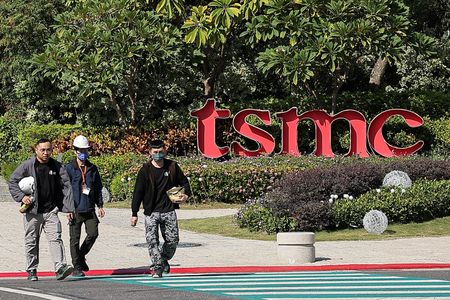BEIJING (Reuters) – China issued new regulations on Sunday to improve the regulation of carbon trading and crack down on emissions data fraud, a key part of efforts by the world’s biggest greenhouse gas producer to expand the market into new industrial sectors.
The new rules, passed by China’s cabinet, will be effective from May 1 and are designed to provide a more robust legal framework for an emissions trading scheme (ETS) now covering around 5 billion metric tons of annual carbon dioxide emissions from more than 2,000 power plants.
“Stronger law enforcement by the environment ministry and its local counterparts can be expected after the new regulations enter into force,” said Shawn He, a Beijing-based lawyer who specialises in carbon compliance.
China’s national ETS allows participants to meet emission targets by buying allowances from other companies. It was formally launched in 2021 following years of delays, driven in part by concerns about data accuracy.
By the end of last year, a total of 442 million tons of emission allowances had been traded, with a transaction value of nearly 25 billion yuan ($3.5 billion), but the potential for fraud has remained a major concern.
The new rules will establish a new supervision system and force market participants to draw up data quality control plans. They will also give authorities more power to investigate and punish companies that have falsified data – including third-party firms involved in monitoring and verifying emissions.
“They now could confiscate illegal gains and impose harsher penalties for market malpractice,” He said.
China’s ETS is expected to expand to more than 3,500 companies by the end of 2025 with the inclusion of new sectors like cement and aluminium, according to an outlook report released by the Beijing Institute of Technology last month.
Other sectors, including glass and chemicals, could also join by the end of the decade, it said.
($1 = 7.1964 yuan)
(Reporting by Beijing newsroom and David Stanway in Singapore; Editing by Louise Heavens and Christopher Cushing)








